When my granddaughter Sol was five, she asked me a simple question, “Abba, where do babies come from?”
“Hmmm?” I thought I knew the answer to this one, but my internal dialogue as a babysitter was “I should probably leave this to her mother?”
As a grandfather, I was anxious about trying to provide a truthful answer. So I thought of the simplest way I could explain biology. Yes, this was stupid. I looked for my courage and began to explain the differences between boys and girls.
Sol stopped me. “I know all that. I’ve got brudders. I just want to know, where do they come from?” This wasn’t going to be easy.
“OK.” I started again, “That’s what I was going to explain.” I began to ramble on some wise discourse about seeds. She gave me an exasperated look. You know where this is going.
“Abba! You’re not listening. I just want to know. Do they come from storks or hospitals?”
We often think about communications as what we want to say and how we will say it. Less often do we think about how it is received. Seldom about what we are told. I’m not a good listener, yet. But it’s probably the most overlooked skill we can develop as climate communicators.
In order to listen, we need to give up our pre-conceptions, agendas, judgments, and biases. We may have to listen to ideas we may not like. In order to do this, we must be open and vulnerable.
Sometimes this is easier with strangers because there is nothing at stake. I suppose that’s why there is intimacy among strangers. Listening becomes more difficult with those who are close. But everyone just wants one thing. To be heard.
So if we’re talking, we’re not hearing.
But listening and hearing are different. To listen we need understanding. This requires giving feedback but also listening for what is not being said. It requires empathy or putting ourselves into the position of another person.
Listening requires attention and setting aside our own agendas. It requires not giving the solutions that we so desperately see, and the other person doesn’t. It requires giving up talking about ourselves.
There are four questions I try to ask myself now when starting a conversation since I realize I’m not the greatest listener. These are conscious questions that hopefully become second nature if practiced.
- What does this person think and feel? Of these two, feeling is the most important.
- What am I willing to risk and share? My values, feelings or help if asked?
- What can I learn from this person. This seems a little transactional and is. Curiosity is a good driver for listening so long as it is about the other person.
- Am I willing to give? If so, how can I help?
If we are going to be successful at improving environmental and climate communications, we are going to have to listen more.
Hospitals is the answer. But what are we being told or asked?
Hobie,
‘We are all connected. Savor the Earth!’™
Hobart Stocking
SkyWaterEarth.com
hobart@skywaterearth.com
651-357-0110
Facebook: @SkyWaterEarthConnected
Twitter: @SkyWaterEarth
PS: Listening doesn’t mean agreement. It doesn’t mean lack of urgency on climate.

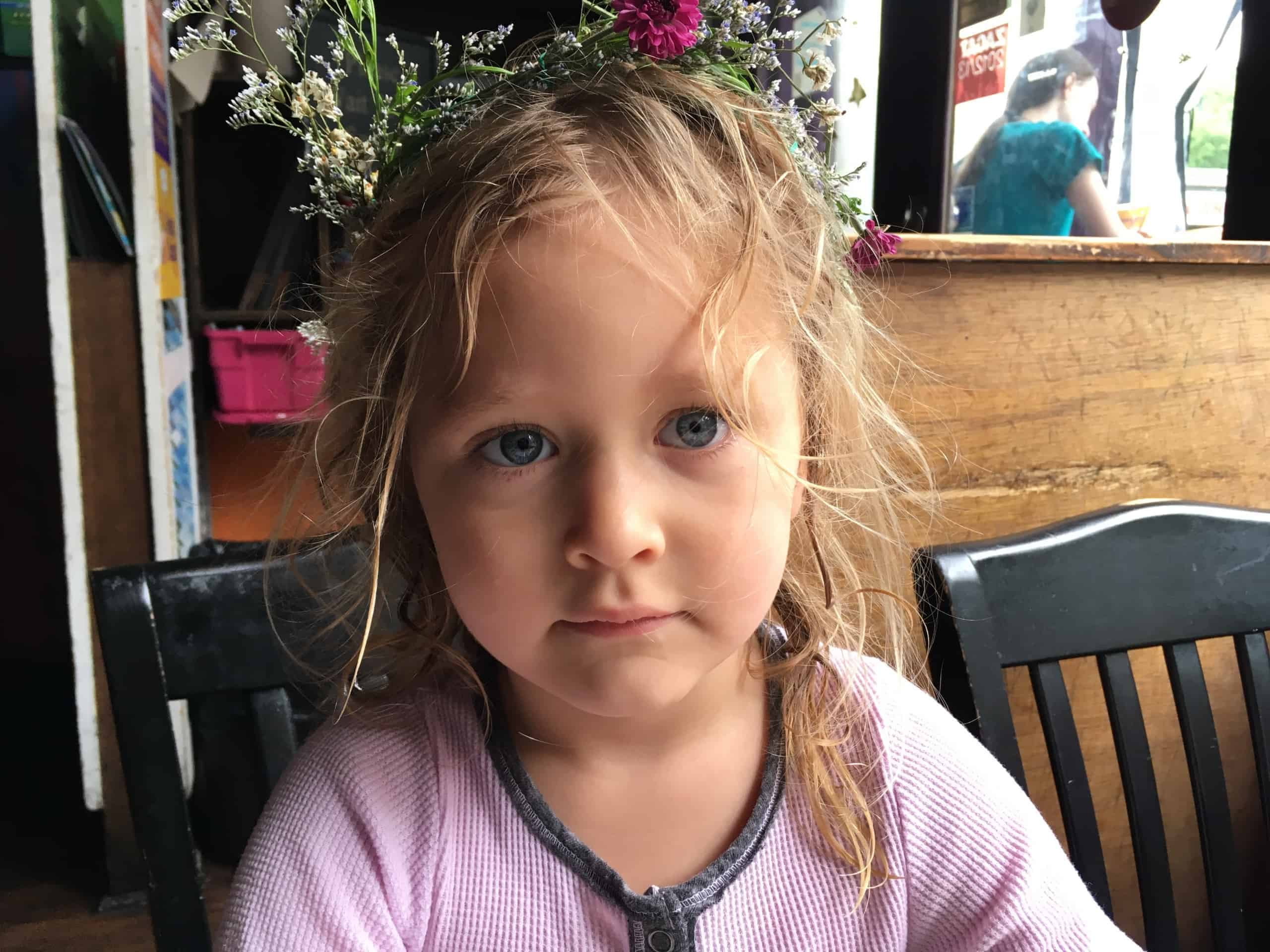

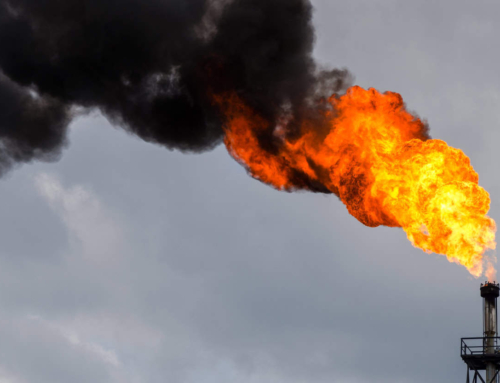
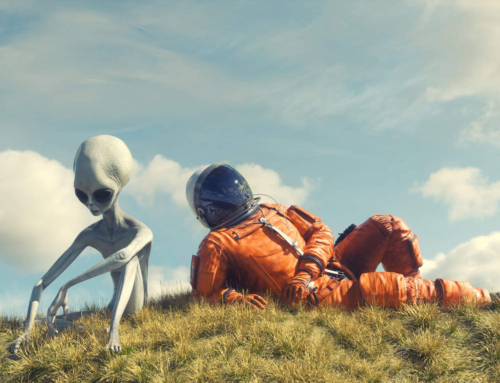
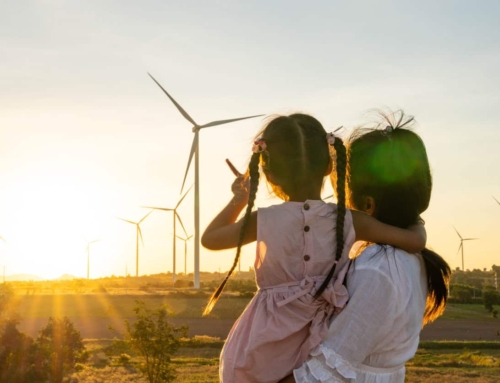
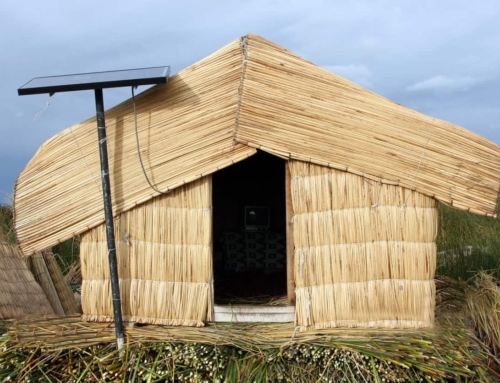
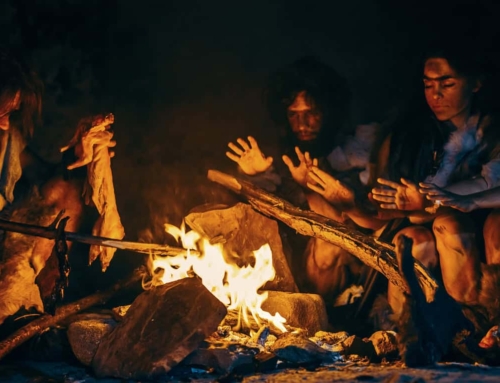
Leave A Comment